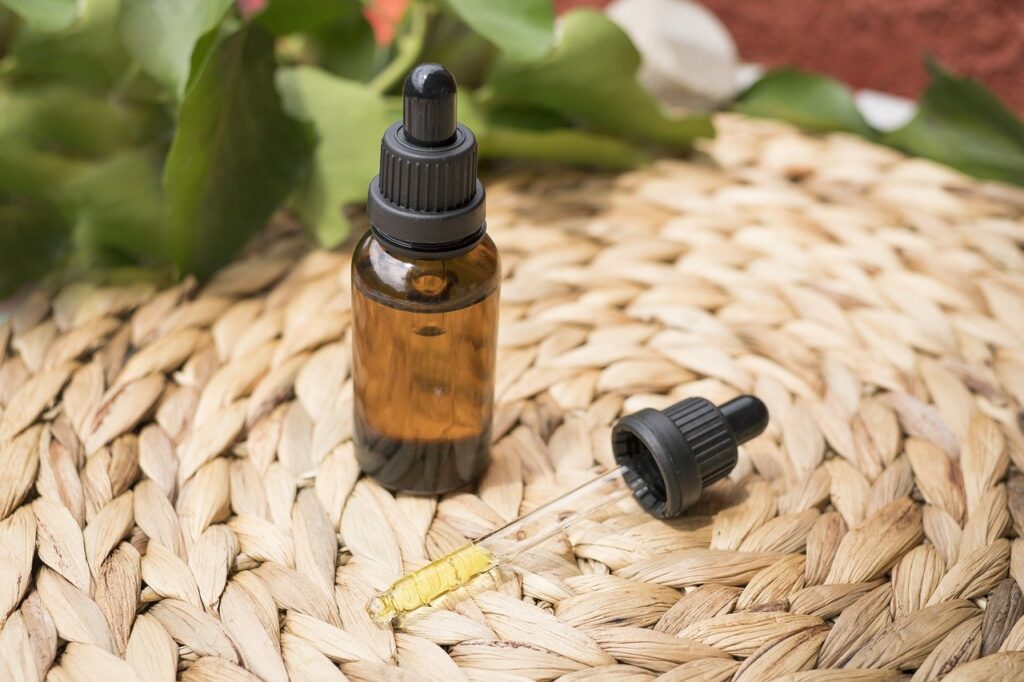Cannabis As a Treatment for ADHD?
The use of cannabis has been legalized – for recreational and / or medicinal use – in 37 states in the U.S. as well as four U.S. territories. With the increasing legalization of cannabis-based products and prescription “medical marijuana,” more attention is being focused on their potential uses for treating the symptoms of ADHD,
Among people with ADHD who have used cannabis, some report that it helps them manage symptoms of anxiety, rejection sensitive dysphoria, and poor sleep without a prescription medication.
There are essentially two types of cannabis compound:
- Tetrahydrocannabinol (THC): THC is a psychoactive component that gives the “high” associated with cannabis. It acts on the areas of the brain that control focus, coordination, and reaction time.
- Cannabidiol (CBD): CBD is a non-psychoactive component in cannabis and hemp. It acts on different areas of the brain and can counteract the effects of THC. CBD has been shown to help regulate certain brain activity.
What the Research Says So Far
Federal research on cannabis has been restricted by the drug’s schedule 1 status (drugs not currently accepted for medical use that have a potential for abuse). This means there aren’t a large number of studies on the effectiveness of cannabis for treating ADHD symptoms. The research that is available has provided a mixed answer to the question of whether cannabis help with ADHD. Here is a sample of some of the results to date:
- 2016 – A study that analyzed postings on online forums mentioning cannabis and ADHD found 25% of those posts stated a positive impact of cannabis on ADHD symptoms, as opposed to 8% that said it was harmful.
- 2019 – A medical review of 83 studies found that “scant” and “insufficient” evidence on the effectiveness of cannabis to treat mental health conditions, including ADHD.
- 2020 – A small study of 112 adults with ADHD who used medical cannabis found that those who took a higher dose of medical cannabis, took fewer other ADHD medications.
- 2021 – A study of 1,700 students found that those with ADHD self-reported that using cannabis improved their ADHD symptoms and lessened their side effects from their ADHD medication.
A great deal more research is needed to determine if cannabis has benefits for adults with ADHD. But this will likely not happen until federal laws change regarding cannabis.
Because a child’s brain is still developing, there can be significant risk in using drugs such as cannabis for treating ADHD. They may cause altered brain development and cognitive impairment. At this point in time, it is not recommended by any clinical organization.
Potential Risks
The long term risks of cannabis use on the ADHD brain have not been well studied. A great deal of what is known currently is anecdotal. Some clinicians have expressed concern around:
- Substance use disorder – Individuals using cannabis on a regular basis may become dependent to the point where the drug interferes with their ability to perform routine daily tasks.
- Potential interference with ADHD medications – These interactions have not been studied in any depth so it is an unknown currently.
- Going off ADHD medications – Cannabis use could result in individuals abandoning their ADHD medications and losing the benefits they can provide.
- Memory, motivation and mood – The impacts of long term cannabis use on things like short term memory, motivation and depression are not known, especially as it relates to ADHD brain function.
- General health – Depending on how cannabis is ingested – e.g., smoking – it could have detrimental effects on overall health.
- Nonstandard or inconsistent dosing – There is little in the way standard dosing guidelines for users self-medicating or clinicians trying to help their patients. Until controlled clinical studies can be routinely performed on cannabis products, this can be a game of trial and error.
The bottom line is that cannabis as a treatment for ADHD is still uncharted territory. If you are considering it or using it already, talk with your doctor about it can help you find the treatment that works best for you, while reducing the negative side effects.
References
- https://www.additudemag.com/cannabis-use-disorder-marijuana-adhd/
- https://www.medicalnewstoday.com/articles/315187#cbd-and-adhd
- https://www.healthline.com/health/marijuana-and-adhd#cbd
- https://www.verywellhealth.com/does-weed-help-with-adhd-benefits-vs-risks-5210315
- https://en.wikipedia.org/wiki/Legality_of_cannabis_by_U.S._jurisdiction
- https://www.psychologytoday.com/us/blog/rethinking-adult-adhd/202011/medical-marijuana-and-adult-adhd



